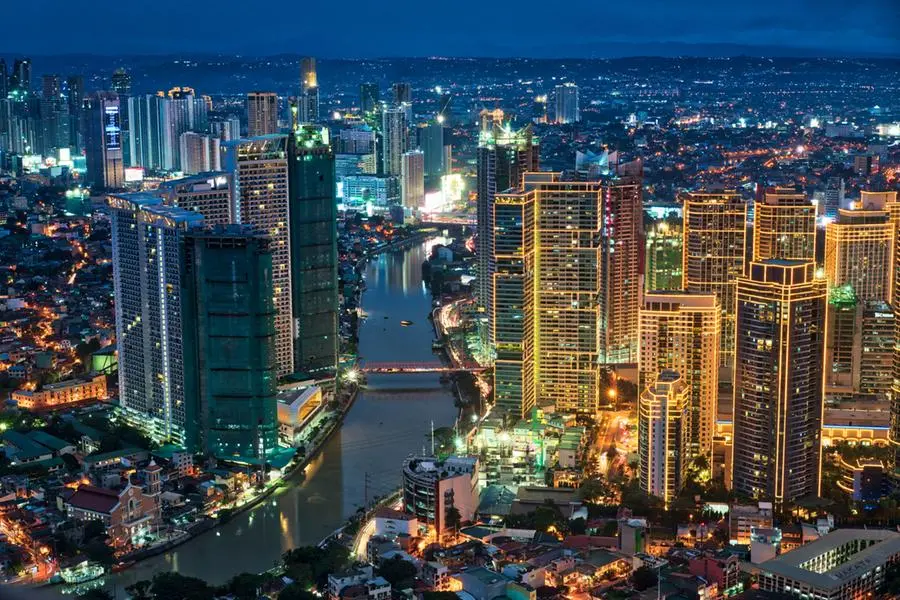PHOTO
Despite the upward revisions, the Bangko Sentral ng Pilipinas (BSP) still expects economic growth to fall below the target set by the government for the next three years.
According to its latest Monetary Policy Report (MPR), the BSP sees the gross domestic product (GDP) outturn in 2023, 2024 and 2025 falling below the growth targets set by the Cabinet-level Development Budget Coordination Committee (DBCC).
'The country's growth prospects remain intact for 2023 to 2025 despite global headwinds and tighter financial conditions. Projected GDP growth could settle below the DBCC's target of six to seven percent for 2023 and 6.5 to eight percent for 2024 and 2025,' the BSP said.
The economy rebounded strongly with a 5.9-percent GDP expansion in the third quarter after slowing to 4.3 percent in the second quarter from 6.4 percent in the first quarter of the year.
This brought the GDP growth during the nine-month period to 5.5 percent, still lower than the six to seven percent target range.
According to the BSP, the estimated growth path reflects primarily the impact of subdued global economic conditions, as well as the lagged impact of the policy rate adjustments.
'Nevertheless, the full-year growth forecasts for 2023 to 2025 have been adjusted upwards from the previous MPR, reflecting largely the faster-than-expected growth outturn in the third quarter of 2023, supported by consumer and government spending and by higher growth now cast for the fourth quarter of 2023,' the central bank said.
Risks to the outlook, the BSP said, include the impact of higher real policy rate, as well as the estimated impact on agriculture of El Niño weather conditions.
The central bank added that the economy is projected to operate slightly above potential output in 2023.
'The BSP's forecasts indicate the output gap will fall slightly in negative territory in 2024-2025 from a small positive figure in 2023. The projected gradual decline in the output gap reflects the impact of BSP policy interest rate adjustments on consumption and investment, decline in real income given high inflation and fiscal consolidation, and the projected slowdown in global growth affecting external trade,' it said.
The BSP raised its key policy rates by a total of 450 basis points since May last year to tame inflation and stabilize the peso.
'Keeping the policy rate steady will allow previous policy interest rate adjustments, including the interest rate increase in October, to continue to work their way through the economy,' the BSP said.
Monetary authorities still believe that significant risks to the inflation outlook require continued vigilance and readiness to resume monetary action if necessary after keeping rates steady on Nov. 16.
'Keeping the policy rate unchanged will also allow the BSP to assess how firms and households continue to respond to tighter monetary conditions as lagged effects of previous monetary policy actions are expected to fully take hold in 2024,' it said.
According to the central bank, a continued tightening bias in monetary policy levers is warranted when inflation risks escalate or when inflation expectations become further dislodged.
It warned that potential second-round effects in the form of transport fare hikes and minimum wage increases could rekindle price pressures and dislodge inflation expectations anew.
'The BSP continues to deem it necessary to keep monetary policy settings sufficiently tight until a sustained downtrend in inflation becomes fully evident and inflation expectations are firmly anchored,' the BSP said.
Copyright © 2022 PhilSTAR Daily, Inc Provided by SyndiGate Media Inc. (Syndigate.info).





















